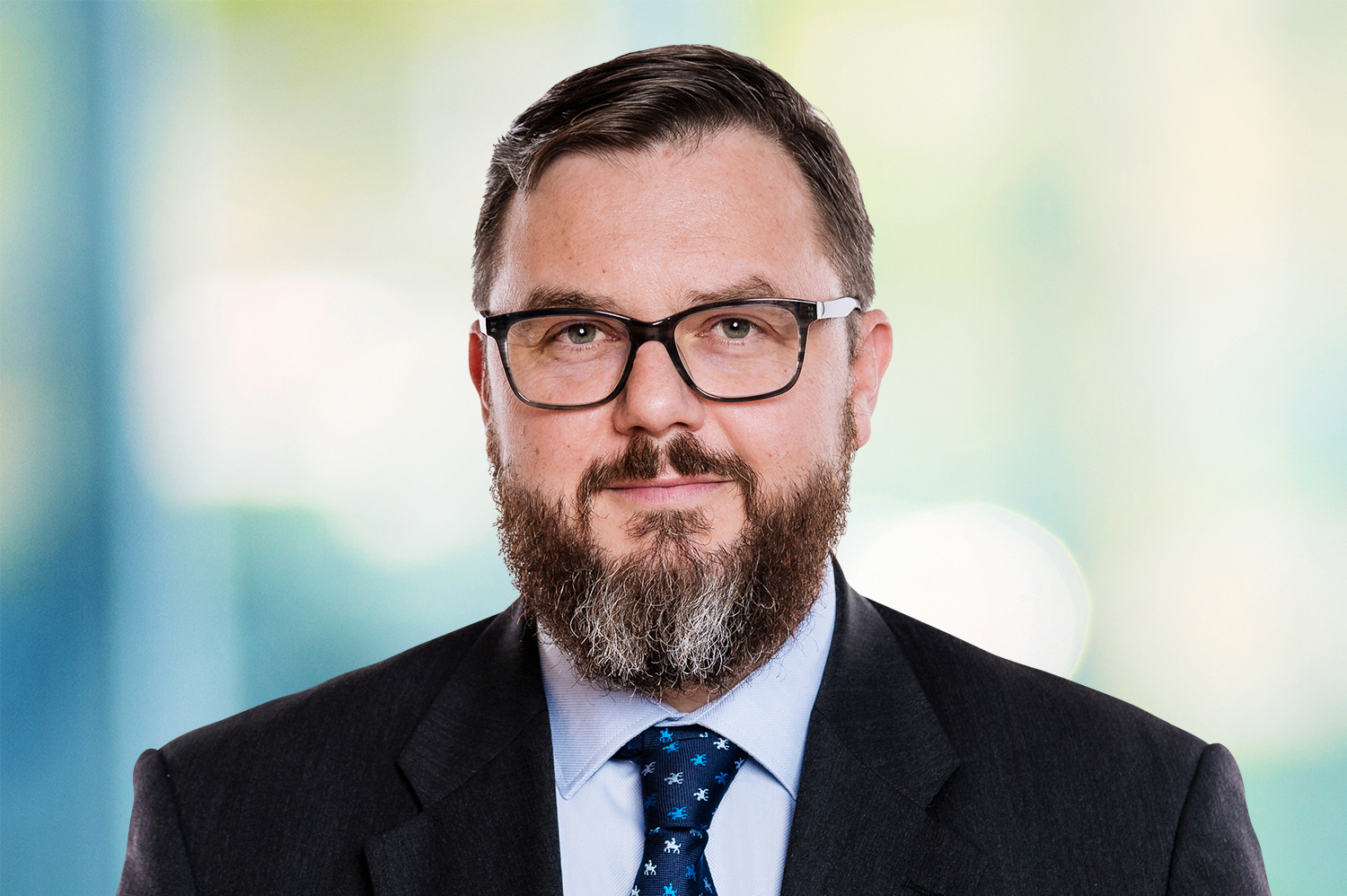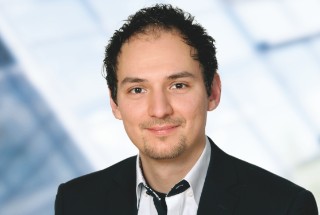The Fraunhofer Flagship project »SUBI2MA«
The Fraunhofer flagship project “Sustainable Biobased and Biohybrid Materials” (SUBI2MA), coordinated by Fraunhofer IAP, occupies a pioneering position in the biotransformation of plastics technology. The SUBI2MA team from six Fraunhofer institutes is focusing on the use of bio-based material components. The aim is to develop and produce completely new types of bio-based and biohybrid materials by integrating biological components. Among other things, proteins are used to make materials water-repellent. The researchers are also developing model- and data-based simulation methods to accelerate material development. The project began in January 2022 and will end in December 2025.
Partner institutes
Fraunhofer IAP, Fraunhofer IGB, Fraunhofer LBF, Fraunhofer ICT, Fraunhofer ITWM, Fraunhofer IWM


